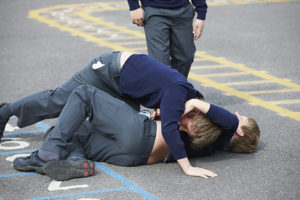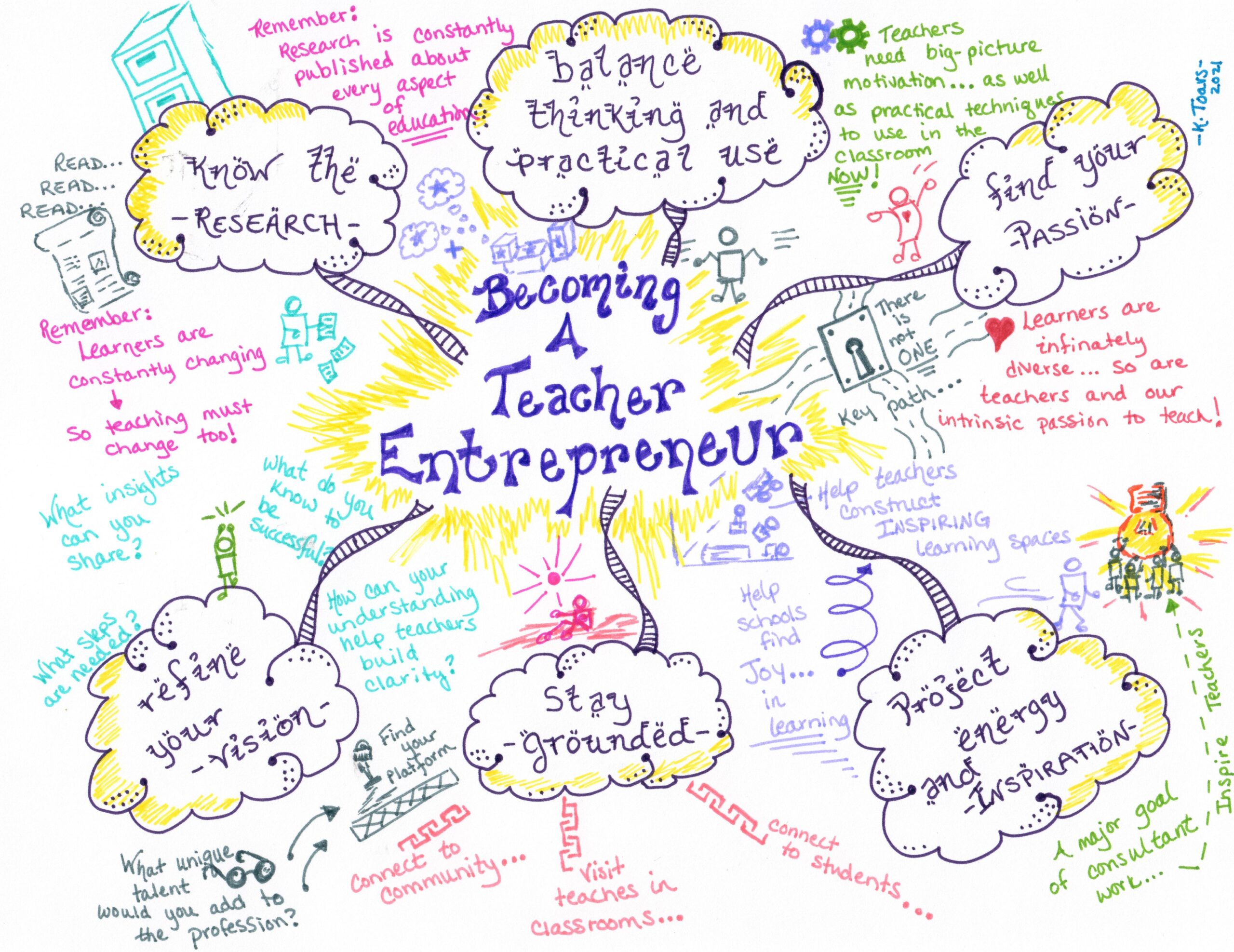Educators at all levels are inherently linked by dynamic waves of achievement and despair that radiate through our complex profession. While I agree that all careers have ups and downs, the challenge of balancing thirty energy-infused sixth graders one minute with the moping, disengaged math students they morph into fifteen minutes later would challenge any professional. Yet, educators know these rapid adaptations are part of what makes education more than a career; actually, it is a thinking-on-your feet, life passion.
Given the complexities of classrooms and learners, it is not surprising that beneficial professional trainings for teachers generally come from veteran educators. Schools are full of teacher mentors and mentees, formal and informal, who share knowledge, techniques and instructional insights daily. We use mentoring as a means of passing on the art of teaching, which cannot be learned adequately in teacher preparation classes.
In recent years, I have been fortunate to expand mentoring into a second career as an educational consultant. I know there are many paths into teacher entrepreneurship, so trust that there is no perfect plan for consulting success. Similar to the classroom, the work of educating educators is full of successes and disappointments. My consulting venture has been guided by a few essential realizations:
- Find Your Passion: First and foremost, joy is a huge part of the educator experience. Skilled educators find a driving passion in this work and spend years fine-tuning their selected expertise. For me, this passion is analyzing the techniques and strategies used by effective rural teachers and presenting them with clear purpose and function to student and teacher groups. I love thinking about the sequence of steps needed to embed critical thinking across content areas and I believe this thinking growth happens best when both teachers and students understand the process. In addition, I use visual mapping to motivate my own creative thinking. While I am still searching for the best way to bridge visual mapping into my professional development workshops, I am convinced it is a critical part of my driving passion.
- Refine Your Vision: Good educators enjoy many aspects of education, but successful teacher entrepreneurs focus their professional expertise. Typically, classroom teachers and administrators are looking for specific and productive ideas to implement as a means of addressing identified weaknesses in the teaching and learning fabric of their schools. By developing specific areas of expertise, consultants connect more concretely with their workshop participants. In my case, I was a rural student, K-12, and have taught in rural and rural remote school districts for twenty years. My expertise is based in rural teaching responsibilities: everything from managing four class preps per semester to serving as the sole teacher in a high school English department. The challenges of rural remote teachers are quite different than those of teachers in more urban areas, so it makes sense for me to target my consulting services towards the rural educator population I understand well.
- Know the Research: Research studies are an essential part of expanding academic knowledge. However, locating, investigating and digesting current research is a part of professional growth that few K-12 educators can fit into their contracted time. Classroom teachers rely on consultant-led trainings to provide updated, research-based information. Be ready to fill in this research gap for teachers. For example, I first began using visual maps as a means of note-taking more than twenty years ago, when there was almost no research in visual thinking as a mainstream learning approach. Now, studies into the power of visualization are published weekly, from all areas of the globe. Knowing the research has helped me strengthen my stance on visual mapping as a daily note-taking strategy for K-12 classrooms.
- Balance Thinking and Practical Use: When I am training teachers, I keep in mind that as soon as teachers leave my workshop they will return to classrooms, ready to face a plethora of unexpected learning situations. As a veteran teacher, I know understanding the theories behind educational design is important in defining how teaching and learning works. Of equal importance is equipping teachers with ideas on what to do in the classroom to strengthen teaching and learning. For my consulting work to be relevant to the needs of teachers, I provide concrete strategy materials as well as facilitate deep conversations on why the strategies are effective.
- Stay Grounded: Given the speed at which learner generations change, be aware that each year out of the classroom impacts the applicability of your ideas to classroom situations. Maintain diverse connections around the field of education to keep your expertise relevant. Given the narrow time frames for rural professional development workshops, I still teach full-time and work as a consultant during the summer, on school breaks and use personal leave days at times. Teachers appreciate that my workshop examples are grounded in actual classroom experiences.
- Project Energy and Inspiration: The most important role teacher entrepreneurs fill in the profession is providing positive energy, motivation and inspiration to the educators they influence. The education field faces real challenges in addressing low teacher retention rates and high levels of teacher burn-out. Every educator and teacher entrepreneur can contribute to the flow of positive and reflective dialogue in our profession. Start by contributing your voice; your unique talents and insights are sure to inspire others.
—
Karen Toavs has been working in the field of education for more than twenty years, as a secondary educator as well as an educational consultant at every level. She specializes in supporting educators in rural remote locations, which is well suited to her own classroom experiences in North Dakota and Montana. Karen is the 2011 North Dakota Teacher of the Year as well as being a 2012 NEA Foundation Global Fellow. In addition to remaining active in secondary teaching, Karen owns The Thinking Extreme LLC, which provides on-site training in literacy scaffolding strategies (reading, writing, research, technology integration and presentation), curriculum development and school improvement/accreditation systems for rural K-12 schools as well as higher education institutions. www.thethinkingextreme.com

